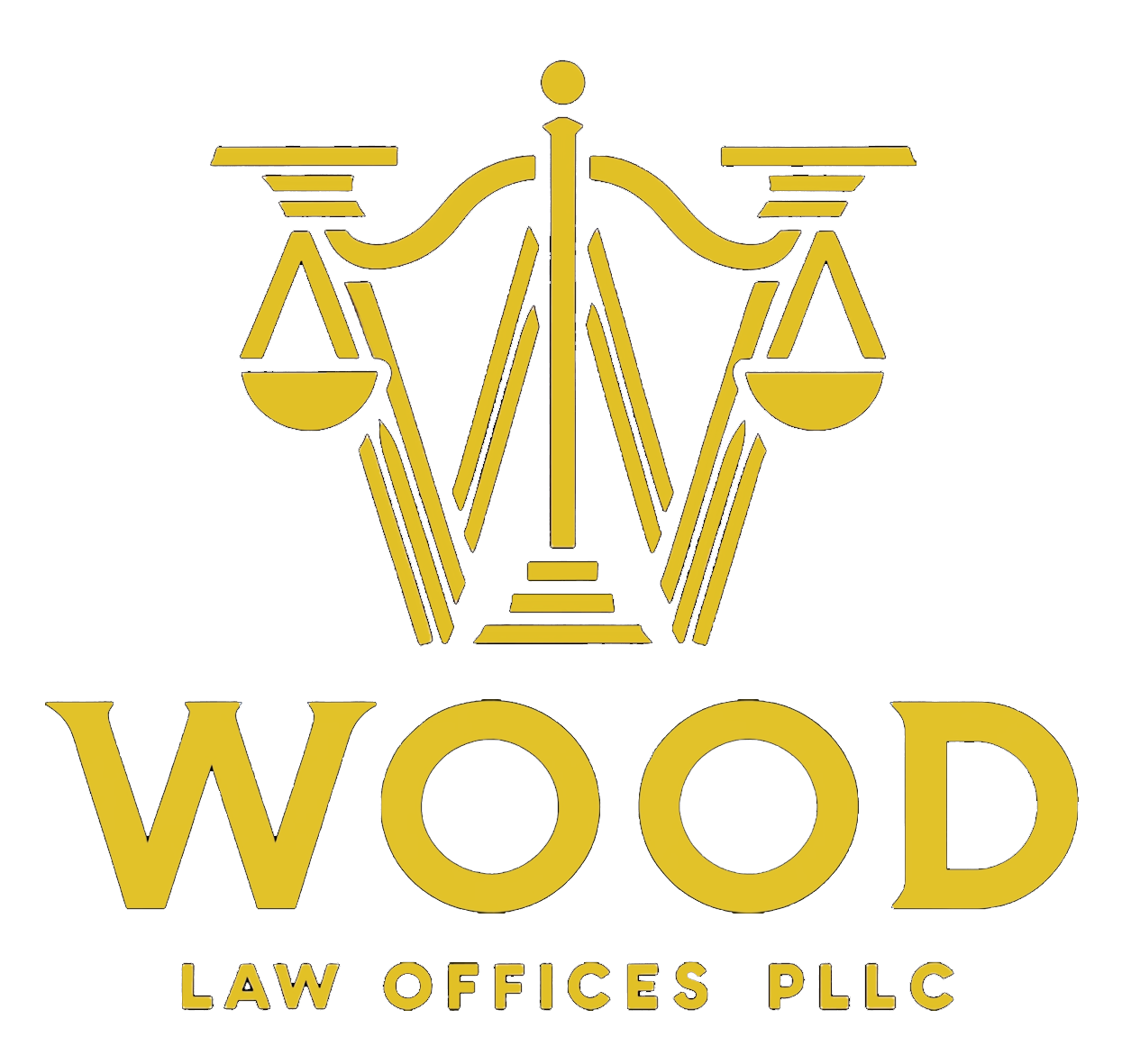RICO: What is it? Why is it so popular in media?
A Brief Primer on RICO Charges
TL;DR:
The Racketeer Influenced and Corrupt Organizations Act (RICO) is a powerful tool used to prosecute or pursue civil penalties against individuals involved in ongoing criminal enterprises. You don’t need to be convicted of the underlying acts to be charged under RICO, and it applies federally and in many states, including North Carolina and South Carolina. Originally designed to catch mob bosses, RICO now reaches into gangs, business fraud, and pop culture references. It even has civil applications with treble damages and attorney’s fees.
Background:
The Racketeer Influenced and Corrupt Organizations Act (RICO) was enacted in 1970 to combat organized crime in the United States. It allows prosecution and civil penalties for racketeering activity performed as part of an ongoing criminal enterprise. RICO has been used to target various forms of organized crime, including mafia operations, street gangs, and corrupt organizations.
Statute:
The RICO Act can be found in Title 18 of the United States Code beginning at section 1961 (18 U.S.C. § 1961, et seq.). Many states have their own version, often with nearly identical language. See, e.g., N.C. Gen. Stat. § 75D-1, et seq.
What’s Racketeering?
Essentially, being a criminal. The statute was kept intentionally broad to cast a wide net and allow prosecutors to go after key figures in criminal organizations. The RICO Act includes a list of "predicate acts," which are qualifying offenses, including both federal and state crimes (18 U.S.C. § 1961(1)). Once someone has committed two predicate acts within a ten-year span, they may be charged under the RICO Act (§ 1961(5)).
Why Use RICO if They’re Already Committing Other Crimes?
Historically, RICO was created to extend the reach of prosecutors targeting criminal organizations. For example, suppose a fictional mob boss runs a counterfeiting operation through a network of front companies and associates. Even if the boss never touches the goods, RICO allows prosecutors to charge him as part of the criminal enterprise.
Do They Need to Be Convicted to Establish a Predicate Act?
No. In Sedima, S.P.R.L. v. Imrex Co., Inc., 473 U.S. 479 (1985), the Supreme Court clarified that the RICO Act does not require prior convictions for predicate acts—only that the acts be chargeable or indictable (id. at 488).
State Laws:
Many states, including North Carolina and South Carolina, have adopted state RICO statutes. These allow state prosecutors to pursue criminal organizations under similar frameworks. No, this doesn’t violate double jeopardy. (Blog post on that coming soon.)
Famous Examples:
Young Thug/YSL: Being prosecuted under Georgia’s RICO statute.
John Gotti: Convicted under RICO in 1992; sentenced to life without parole.
Michael Milken: Charged in a RICO case related to insider trading; pled to lesser charges.
Whitey Bulger: Convicted in 2013 under RICO among other charges.
Suge Knight: Faced RICO charges related to alleged gang activity.
Gang and Mob Leaders:
Vincent "Chin" Gigante (Genovese family)
Nicky Scarfo (Philadelphia mob)
Anthony "Gaspipe" Casso (Lucchese family)
Larry Hoover (Gangster Disciples)
Jeff Fort (Black P. Stones Nation)
Pop Culture:
RICO shows up regularly in music, movies, and television. References can be found in The Sopranos (S4:E13), Suits(S3:E8), The Wire (S3:E11), Law & Order: SVU (S16:E5), The Dark Knight Rises, Donnie Brasco, American Gangster, and Goodfellas. RICO is also frequently mentioned in rap and hip-hop lyrics.
Civil Penalties:
RICO is a hybrid statute. In addition to criminal prosecution, it also provides for civil penalties. Under 18 U.S.C. § 1964(c), a private party may bring a civil RICO claim for damages, including treble damages and attorney’s fees. So even if prosecutors don’t pursue a criminal case, a private litigant can still file a civil suit.
North Carolina and South Carolina Residents:
Wood Law Offices PLLC offers strategic litigation services in civil and criminal matters involving RICO and similar statutes. If you believe you have a claim or need guidance navigating these issues, we can help.
Contact Us:
If you have questions about the RICO Act or similar claims, contact Wood Law Offices, PLLC for aggressive, litigation-focused representation in North Carolina and South Carolina.
Disclaimer:
This blog post is for general informational purposes only and does not constitute legal advice. Reading this post does not create an attorney-client relationship. For legal advice tailored to your specific situation, consult with a qualified attorney licensed in your jurisdiction.


